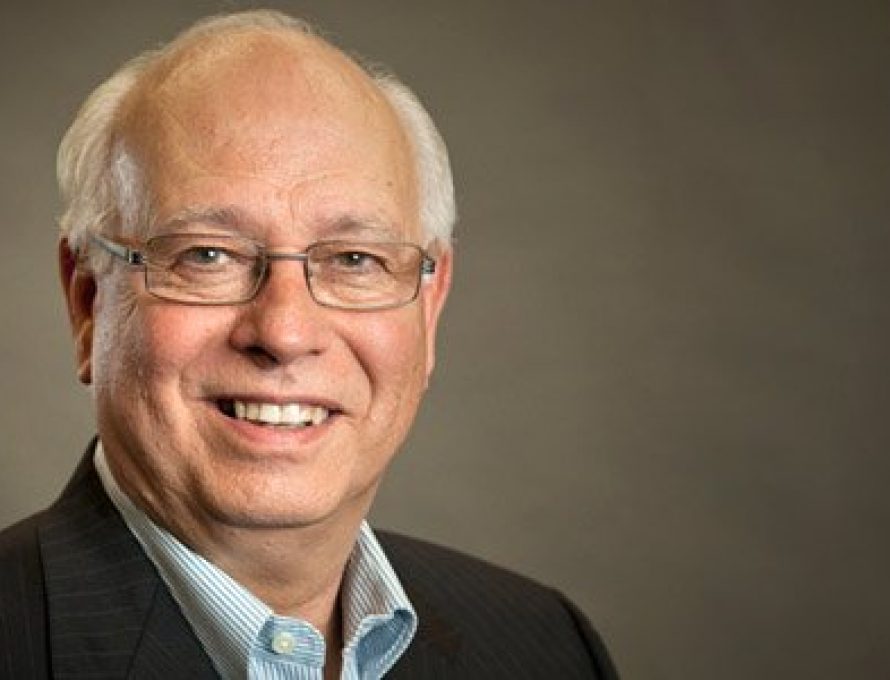I’ve learned a new word –Juvenilization. I never thought of this as a legitimate word or a concept until recently when my son, who is a pastor in Texas, called and said, “Dad, you have to read this book! I’m leading my staff through it.” The book? The Juvenilization of American Christianity by Thomas E. Bergler.
As a student of history, I found it a fascinating read. Thomas Bergler is a Midwest historian. His work is primarily a mosaic history about the impact of modern youth ministry in Middle America. He takes his reader on an 85-year journey of three ministry streams with adolescents who eventually became adults.
Bergler says “juvenilization is a story not of a sinister plot or a noble crusade, but of unintended consequences and unquestioned assumptions.” He commends youth ministries for bringing some necessary and beneficial reforms to churches. However, he makes the case that the overwhelming emphasis on individualism, consumerism, self-centeredness, and suspiciousness of authorities and systems has created an immature version of the faith. As a result, it is difficult for many adults and students today to think in terms of self-denial, teamwork, multigenerational mission strategies, spiritual formation and character development.
Without casting rocks, Bergler believes that ministries targeted at adolescents who become the church’s leaders within a decade or two are a “necessary and valuable tool” for impacting young people in modern societies with the gospel. Every local church must contextualize its ministries to reach people of all ages. Fail to do so and the effectiveness of obedience to Christ’s commands is lost within a generation or two.
His hope is that his readers will use their skills to better equip godly leaders in a more mature faith than the shallow spirituality currently offered by too many ministries.
Bergler finds that modern adults impacted the most by the negative elements of juvenilization care much more about the quality of their “religious friendships than about the truth.” Like adolescents who “tend to think everyone is watching them and become obsessed with what others might think of them,” immature believers too often think that the church is about their personal fulfillment instead of the instrument of God to advance the gospel by making devoted followers of Christ.
As evangelicals, Baptists have accommodated many of the trappings of juvenilization. We have a passion to reach people with the transforming power of the gospel. However, it is healthy of us to question and evaluate our methods as to what kind of disciples for Christ we are making or what kind of churches we are planting. Have we embraced the adolescent behaviors of glorifying entertainment, fashionable self-fulfillment and a spiritual narcissism at the expense of spiritual maturity? In our quest to gain a crowd, have we stopped short of denying ourselves, taking up the cross daily and following him (Luke 9:23)?
In his last chapter, Bergler concludes that juvenilization has in a sense rejuvenated American Christianity, but it also has undermined Christian maturity. To a certain extent, he contends, we have embraced a faith of emotional sentimentality that trumps the foundation of truth based on the Word. It is as if theological soundness is extra or optional.
Bergler writes, “They ended up with churches full of Christians who think that the purpose of God and the Christian faith is to help them feel better.” However, God intends more for his bride. While juvenilization cannot be eradicated – nor should it totally – we must find ways to champion “an intergenerational way of life that fosters spiritual maturity.”

